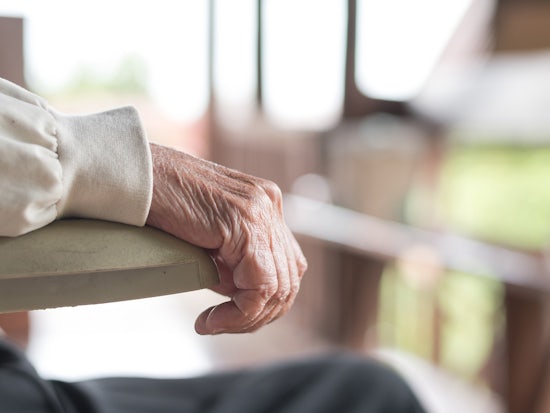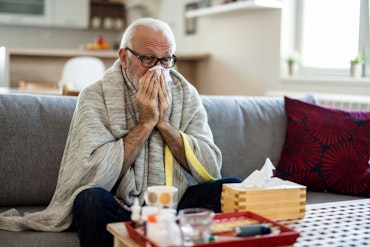More support is on its way for older people living with mental illness
Older people receiving long-term care in hospital for mental illness will have better access to specialised treatment in a community setting, thanks to new funding recently announced by the New South Wales (NSW) Government.

More investment is being made into the mental health of older Australians (Source: Shutterstock)
The $15 million investment set to roll-out across ten years through new partnerships with aged care facilities, follows on from the Federal Government’s investment in older person’s mental health in the 2018-19 Budget, which saw $82.5 million dedicated over four years to mental health services for people in residential aged care.
NSW Minister for Mental Health Tanya Davies made the investment announcement, saying that the partnership with aged care facilities will help older people with enduring mental illness live outside of hospital.
“Older people with mental illness need specialised care and these partnerships mean aged care providers can expand their services and offer holistic care options for residents,” she explains.
“It’s not preferable for patients, or their families and friends, to be in hospital for long stays and we want to do what we can to have older people settled in the community with the right support.”
The partnership, with aged care providers RSL Lifecare, Catholic Healthcare and Southern Cross Care, has seen four new services established in the Hunter New England, Nepean Blue Mountains, Northern Sydney and Western Sydney Local Health Districts.
Catholic Healthcare took to Twitter to share their excitement about the new initiative.
“Catholic Healthcare welcomes [tha announcement] regarding the increased investment into new partnerships with aged care facilities, like ours with NSW Health, to help older people with enduring mental illness live outside of hospital.”
Ms Davies says these services include ten-bed mental health transition units within aged care facilities, that will provide intensive, tailored and high quality support for older people with complex mental illness.
“The program is already helping vulnerable people, who are experiencing the impacts of persistent mental illness, severe behavioural and psychological symptoms of dementia, drug and alcohol issues or homelessness, to have a significantly improved quality of life,” Ms Davies says.
Additional funding has also been provided to clinical mental health services to support the delivery of the program.











![The new Aged Care Act exposure draft is slated for release in December of 2023, but advocates hope to see it rolled out on January 1, 2024. [Source: Shutterstock]](https://agedcareguide-assets.imgix.net/news/articles/wp/agedcareact__0811.jpg?fm=pjpg&w=520&format=auto&q=65)












Comments